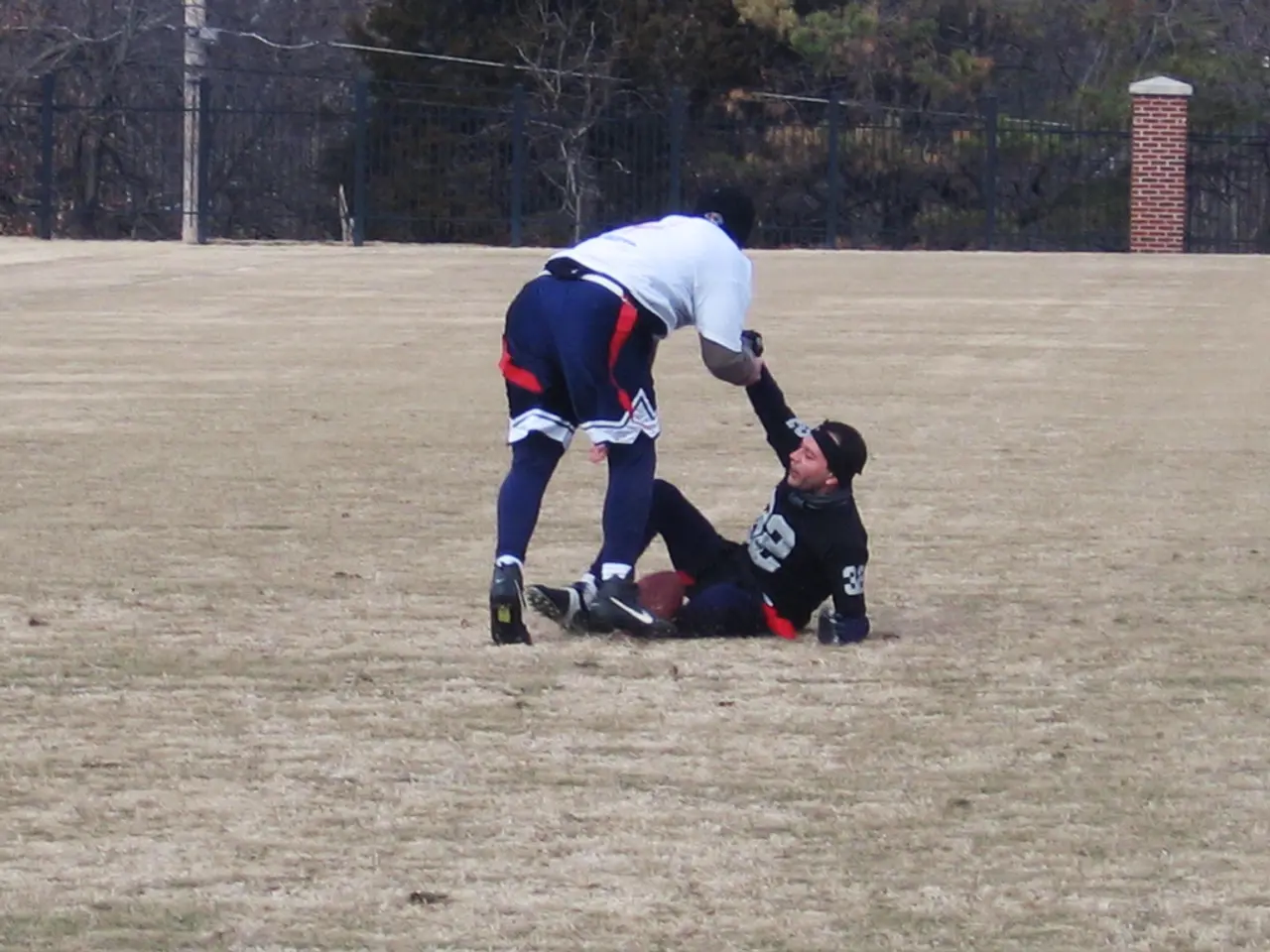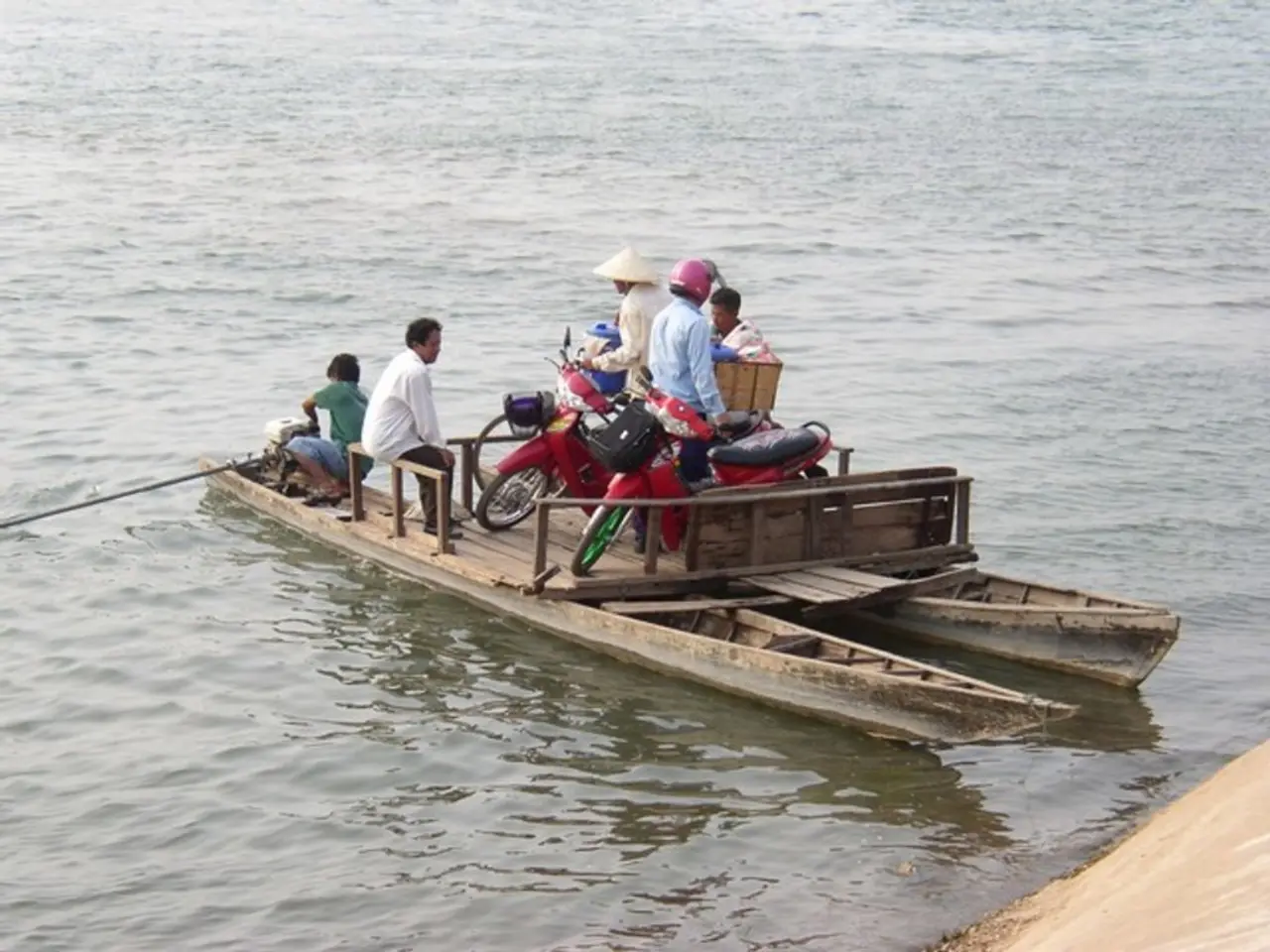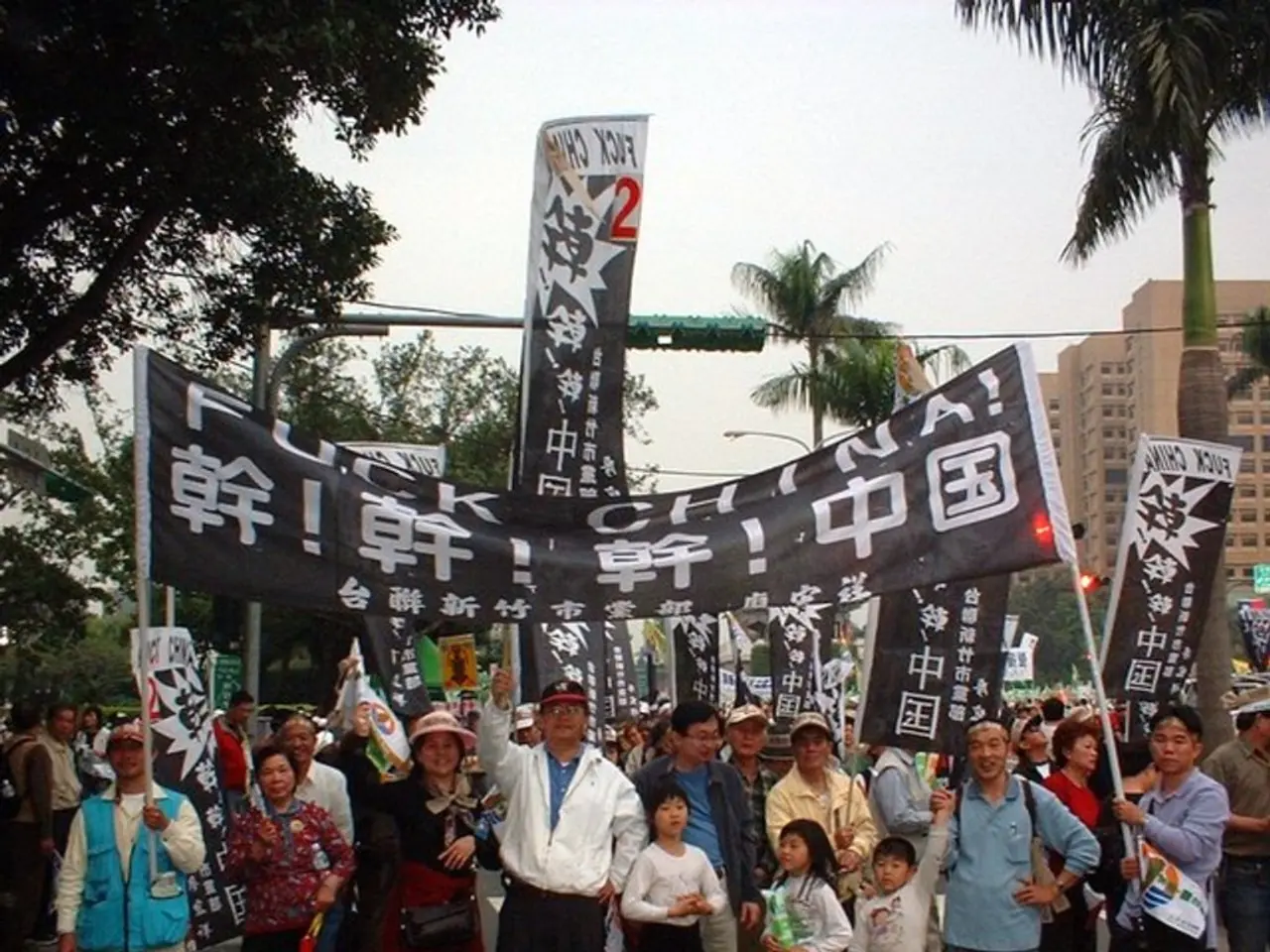California Tribes File Lawsuit Against Kalshi and Robinhood
In a significant development for the prediction market industry, three Native American tribes have filed a lawsuit against Kalshi and Robinhood, alleging that the companies are offering illegal, unregulated sports betting on tribal lands. The Blue Lake Rancheria, Chicken Ranch Rancheria of the Me-Wuk Indians, and Picayune Rancheria of the Chukchansi Indians argue that Kalshi's event contracts, offered on Robinhood's platform, violate federal gaming laws, tribal gaming compacts, the Federal Wire Act, and the RICO Act.
At the heart of the dispute is whether Kalshi's offerings should be classified as CFTC-regulated futures contracts or unauthorized sports wagers. The tribes contend that the contracts are essentially illegal bets, offered without tribal consent on their lands.
The lawsuit, filed in the U.S. District Court in Northern California, could have far-reaching implications for the regulation of prediction markets nationwide. It challenges the notion that prediction markets on sporting outcomes can bypass traditional gambling regulations by styling themselves as futures or commodities markets.
As of now, the case is in its early stages, with no final ruling or precedent established. The outcome could significantly affect how prediction markets like Kalshi are regulated, particularly regarding the distinction between gaming/gambling and futures trading, and the extent to which tribal and federal gaming authorities can assert jurisdiction.
The primary goal of the tribes is to protect their regulatory authority and compliance with tribal laws. They argue that digital bets through the trading app are not covered by their agreements with the state of California outlining permitted forms of gambling.
Tribal leaders have called for a review of the legality of "event contracts" before the appointment of Brian Quintenz as the chairman of the Commodity Futures Trading Commission (CFTC). The lawsuit includes accusations under the RICO Act and charges of wire fraud, as the tribes claim that digital infrastructure is being used to evade oversight and may pose a risk to users, including minors.
Concerns about abuses of "event contracts" have already been raised in legislative circles. The tribes question why Kalshi and Robinhood have not done the same as other online bookmakers who have adapted to state and tribal laws, using available technologies.
The lawsuit against Kalshi and Robinhood has also impacted Quintenz's confirmation process as the chairman of the CFTC. Meanwhile, states like Maryland, Nevada, and New Jersey have begun scrutinizing Kalshi's business model.
The tribes are seeking an injunction to stop Kalshi and Robinhood from operating on their lands, financial compensation for damages, and the implementation of geofencing technology to restrict access. They note that geolocation technologies, such as GeoComply, a solution already employed by legal bookmakers, could be used to limit access to their services on tribal lands.
The lawsuit is unfolding amidst ongoing debates about the legality of prediction markets in the U.S. following the 2018 repeal of the Professional and Amateur Sports Protection Act (PASPA). It serves as a reminder of the complexities involved in regulating these markets and the need for clear guidelines to ensure compliance with both federal and tribal gaming laws.
- The ongoing lawsuit against Kalshi and Robinhood, which revolves around sports betting contracts on tribal lands, could potentially redefine the boundaries of CFTC-regulated futures contracts versus unauthorized sports wagers, with the tribes firmly stating that the contracts in question are essentially illegal bets.
- As the debate about the legality of sports betting within prediction markets continues to unfold, the Blue Lake Rancheria, Chicken Ranch Rancheria of the Me-Wuk Indians, and Picayune Rancheria of the Chukchansi Indians are advocating for a stricter regulation of these markets, pushing for the implementation of geolocation technologies such as GeoComply to restrict access on tribal lands.







